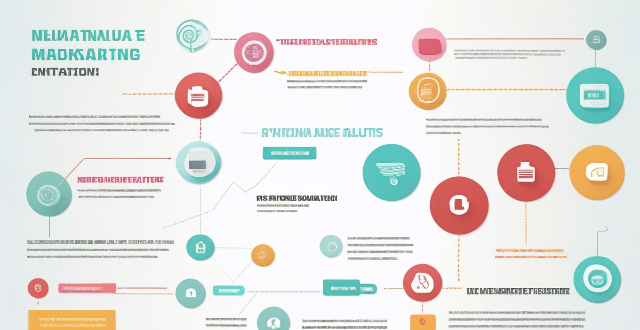Social media marketing offers small businesses increased brand awareness, cost-effective marketing, targeted advertising, customer engagement, and a competitive edge. However, it also presents challenges such as being time-consuming, facing negative feedback, difficulty in measuring ROI, dependency on algorithm changes, and cybersecurity risks. Small businesses should consider these factors when deciding whether to incorporate social media marketing into their overall strategy.

Benefits of Social Media Marketing for Small Businesses
Increased Brand Awareness
Social media platforms provide small businesses with the opportunity to reach a larger audience and increase their brand awareness. By creating engaging content and interacting with followers, businesses can build a strong online presence and attract potential customers.
Cost-Effective Marketing
Compared to traditional marketing methods, social media marketing is relatively inexpensive. Small businesses can create profiles on various platforms and start promoting their products or services without spending much money. This allows them to allocate their budget towards other important aspects of their business.
Targeted Advertising
Social media platforms offer targeted advertising options that allow small businesses to reach specific demographics based on age, location, interests, and more. This ensures that their ads are seen by people who are likely to be interested in their products or services, increasing the chances of conversion.
Customer Engagement and Feedback
Social media enables small businesses to engage with their customers directly, providing an opportunity for two-way communication. This allows businesses to gather feedback, address customer concerns, and build loyalty among their followers.
Competitive Edge
By utilizing social media marketing, small businesses can stay ahead of their competitors and gain a competitive edge. They can monitor their competitors' activities, identify trends, and adjust their strategies accordingly.
Drawbacks of Social Media Marketing for Small Businesses
Time-Consuming
Managing multiple social media accounts can be time-consuming, especially for small businesses with limited resources. Creating quality content, responding to comments, and monitoring analytics requires a significant amount of time and effort.
Negative Feedback and Reviews
Social media provides a platform for customers to share their experiences, both positive and negative. Small businesses may face negative feedback or reviews, which can impact their reputation if not addressed appropriately.
Difficulty in Measuring ROI
Measuring the return on investment (ROI) from social media marketing can be challenging for small businesses. It may take time to see tangible results, and it can be difficult to attribute sales directly to social media efforts.
Dependency on Algorithm Changes
Social media platforms frequently update their algorithms, which can impact the visibility of a small business's content. This means that businesses need to stay informed about these changes and adapt their strategies accordingly to maintain their online presence.
Cybersecurity Risks
Small businesses using social media marketing may face cybersecurity risks, such as hacking or data breaches. It is essential for businesses to implement robust security measures and educate employees about best practices to minimize these risks.
In conclusion, while social media marketing offers numerous benefits for small businesses, including increased brand awareness, cost-effective marketing, targeted advertising, customer engagement, and a competitive edge, it also presents some drawbacks such as being time-consuming, facing negative feedback, difficulty in measuring ROI, dependency on algorithm changes, and cybersecurity risks. Small businesses should carefully consider these factors when deciding whether to incorporate social media marketing into their overall strategy.